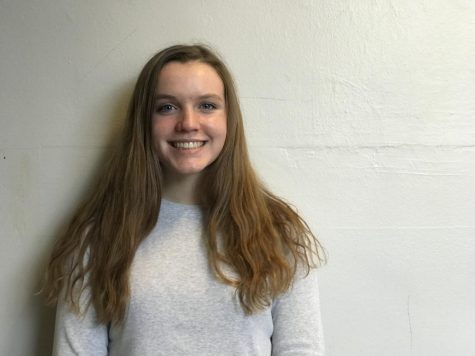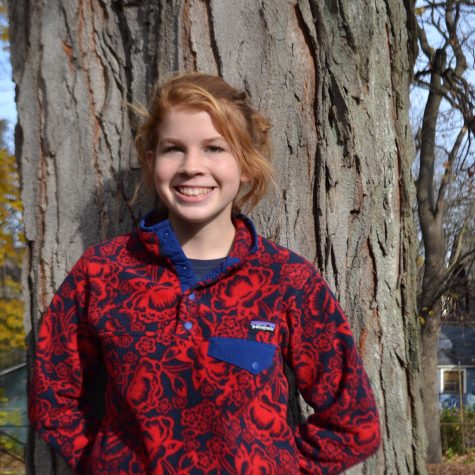


April 22, 2017
Scientists, allies of scientists, teachers and those who just can’t believe what is happening in America during 2017 gathered in the Diag on Apr. 22, 2017, Earth Day, for the March for Science. Ann Arbor’s March for science was one of the many satellite marches based off Washington D.C.’s March for Science during Earth Day. The march met in the Diag of the University of Michigan at noon. Haley M. Amemiya, Monica Dus, Yiran Emily Liu, Dan Ezekiel, Scott Barolo, Chiamaka Ukachukwu and Yousef Rabhi each spoke before the march began. The march went from the Diag to the Federal Building.
Marchers gathered to protest the Trump administration’s attacks on science: On March 28, President Trump signed an executive order that allowed federal agencies to stop using the cost of carbon in their cost-benefit analysis, which will make the EPA unable to express the benefits of cutting carbon usage. Trump has also proposed a plan that will cut 56 of the EPA’s programs and 25 percent of their staff.
“We really want to impart that these legislative changes are going affect how productive we are in this country,” Amy Pai said— one of the many scientists expected to be affected by these changes. “We’re going to be essentially outshined by other countries very readily.”
Many others marched for similar reasons, expressing anger over Trumps policies and blatant denial of climate change. “We’re facing a crisis on this planet and we have an administration now that denies climate change, is defunding all the science initiatives in this country and it’s a dangerous, dangerous thing that’s happening, so we’re out here protesting that and hoping we can effect some type of change,” said Jerry Snyder, a participant in Ann Arbor’s March for Science.
In addition to protesting Trump’s environmental policies, marchers gathered to express their appreciation and general love for science. “Every answer to a scientific question is a step closer to understanding and improving the world,” Dus said, an Assistant Professor in the Department of Molecular, Cellular, and Developmental Biology at the U of M. “Science helps us build amazing things, explore the universe, [and] fight disease. Science gives us permission to question and to doubt, [and] to move closer to understanding the world and ourselves. Science gives us a tool to think creatively, without restriction, about who we are, to ponder who we ought to be, to wonder how the future might be.”
Scott Barolo, an Associate Professor in Cell and Developmental Biology, spoke on the communal efforts and importance of science. “Science is about a diverse group of people working together asking good questions about something in nature that makes them curious, using the method of science and the community of scientist to find the answer that seems to work, and remaining open minded and skeptical about the results.”
The March for Science was an overall chance for people to come out and show support for science and those who practice it. Under the bright sun of late April they were able to do this, with beautiful handmade signs in hand— the event was an ode to a very important and truth-seeking field. “Everyone needs science, science needs everyone,” Barolo concluded.


